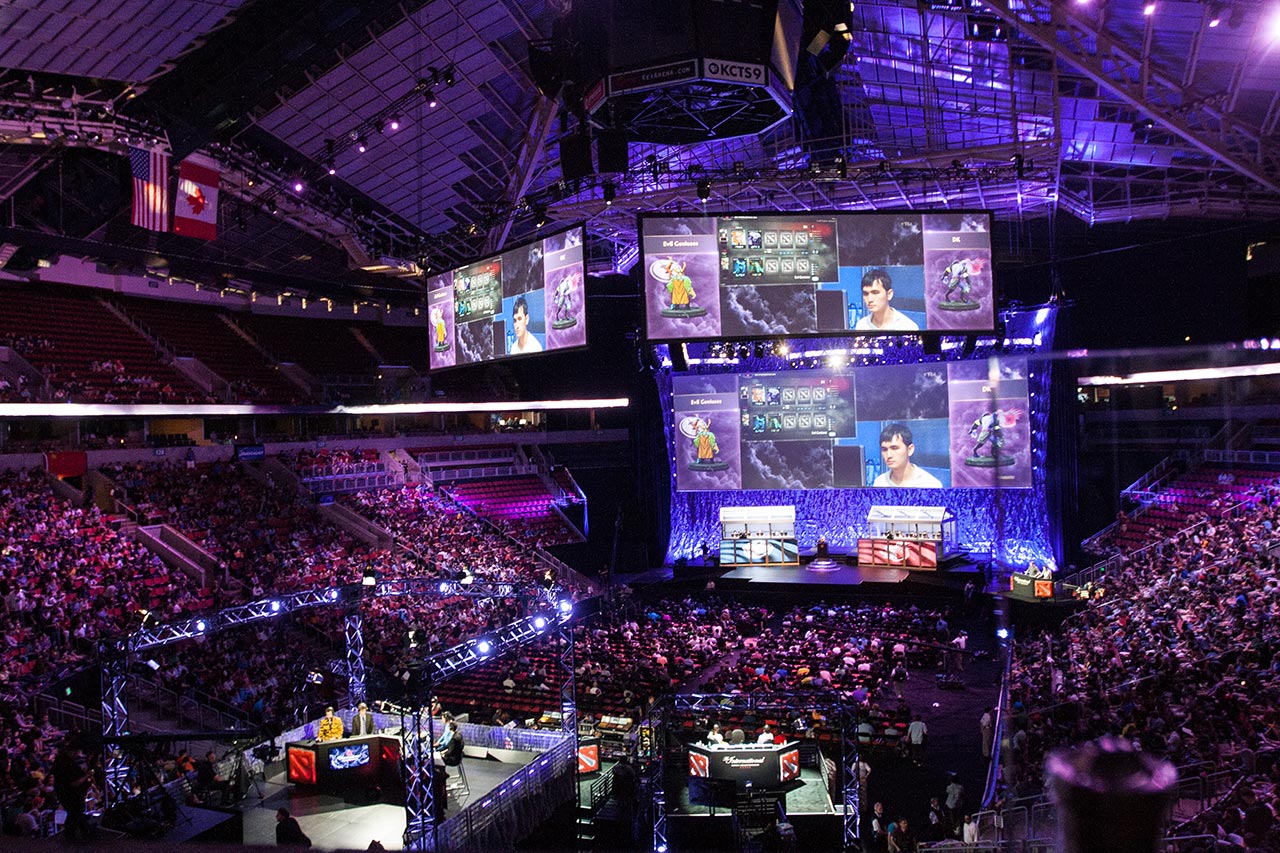The online gaming market worth in 2016 was the biggest in the digital games market and playable media world ever, hitting $91B this past year, and it keeps growing at tremendous rates while incorporating new media and platforms such as eSports.
In this vast market, eSports are becoming the focal point in which game providers are looking into for their future development. Just to name one example: League of Legends generated over $1.6 billion in 2015, and it is a very well known free-to-play game among players around the world. With over 100 million active players each month, it’s probably why other leading companies are looking forward to set foot in this market. What makes a game into a successful eSport is the game’s popularity and renown, with players coming forward to compete in World Championships which offer huge prize pools of more than $2 million for the winning team. All these factors are major incentives for companies to evolve their games into eSports.
It is no wonder that with such stakes, eSports are drawing massive crowds of gamers and leading companies to develop games aimed directly at that market. So, when a company like Plarium writes about exactly that, it makes sense that they are also looking into evolving their multiplayer games into an eSport. Their games are already engaging a huge amount of registered players around the world through great PvP, both on mobile and browser, so it makes a logical “next step”.
The challenges well-established strategy games companies face are multi-faceted. MMO games are about thinking, building and collecting resources, and not just about battles. [pullquote]The traditional player base is made out of people who like these games for this very reason, while eSports gamers are drawn to games that are fast, involve battles and are more about winning competitions and teams that compete against each other.[/pullquote] Gamers’ rankings and being the best are also what draws a player to these kinds of games.
So keeping things the way they are is not going to help evolve into the future, and most companies are looking into eSports as the market with the most growth potential. The way Plarium is talking about it, a company would need to evolve today’s MMORPG into MOSA (Multiplayer Online Survival Arena) where players compete to be the last survivor in the game. That could spice up any MMORPG game without losing the qualities and appeal that strategy games have now.
Another point to consider is technology. When you think of eSports, the first image that probably comes to mind is a player – or team of players – seating in front of a PC, ideally with a roar of a cheering crowd around them. However, with the hardware capabilities of mobile devices increasing rapidly with each passing launch, eSports are already starting to spread into apps. Are we going to see worldwide competitions through mobile gaming? Will competitions no longer relegated to a specific physical place and venue but will instead be streaming around the world from multiple locations? Will we see gamers compete through their devices at any given free period of time?
The possibilities are truly endless, and this is why we think that the gaming market future will continue to grow and that those companies who already have a good and extensive background can further expand their business into eSports and evolve their games further.


COMMENTS